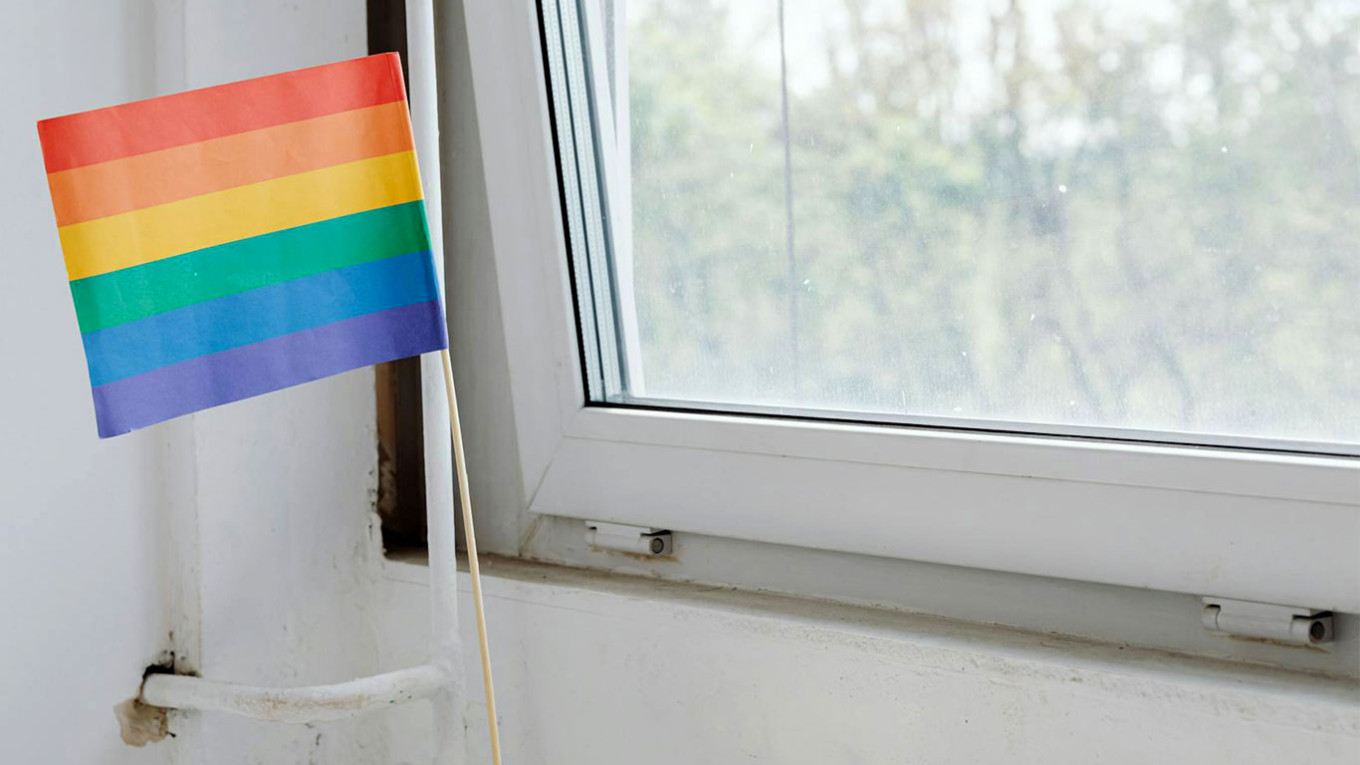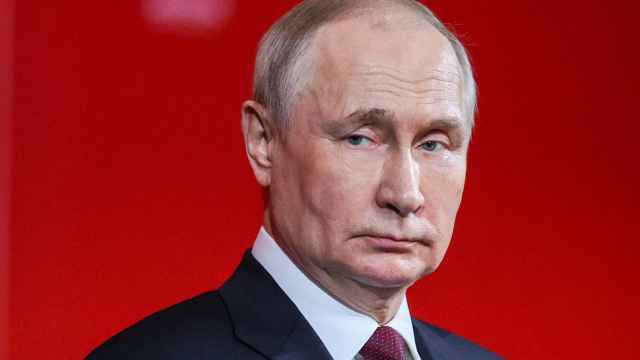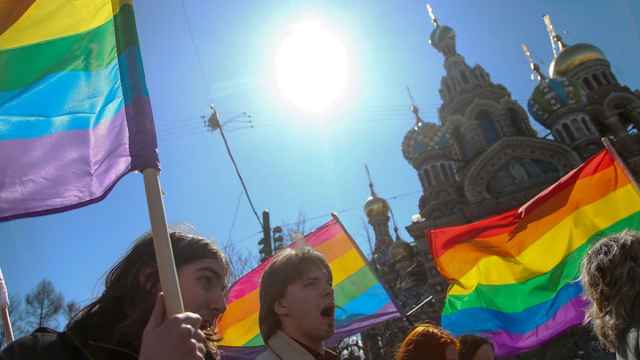Although there are no official statistics on the number of people who identify as LGBTQ+ in Russia, according to the Levada Center, 11% of Russians say they have gay friends. Many people prefer to keep silent because it is dangerous, especially in small towns and villages.
“God created a woman and a man. Any deviations from the norm are from the Devil, and religion can help to change this,” a priest from the village in the Novosibirsk region told The Moscow Times.
Perhaps for this reason many organizations that conduct “conversion therapy” in Russia are connected with religious groups. The therapy aims to change a person's sexual orientation through surgery, hormonal drugs or antipsychotics, psychoanalysis, hypnosis, electroshock therapy, beatings, food deprivation, isolation, and even so-called “corrective rape.” It’s banned in most countries, but it is prevalent in Russia.
“Sometimes I work with parents. Once a mother called me to say that she found a 'specialist' in her town who promised to help her child in two months for a fee. She tried to explain to me that her child would be less at risk if he was 'like everyone else'," kris pokrytan told The Moscow Times.
kris is a non-binary person who prefers to use the pronoun "they" and lowercase their first and last names. They specialize in working with queer teenagers and their parents.
The Moscow Times was able to speak to a gay man who ran away from this center, but he was not willing to describe the experience. All he said was: “Drugs, drugs, drugs… And prayer three times a day. Now I’ve rejected my parents, and I don’t know if I am a man or a woman. In my previous life, I had a partner and lived in a village in the Saratov region.”
Doctors refused to give comments.
“I want to continue to work, but if I tell you my opinion about changing gender, I will be obliged to leave Russia,” a doctor from Voronezh said.
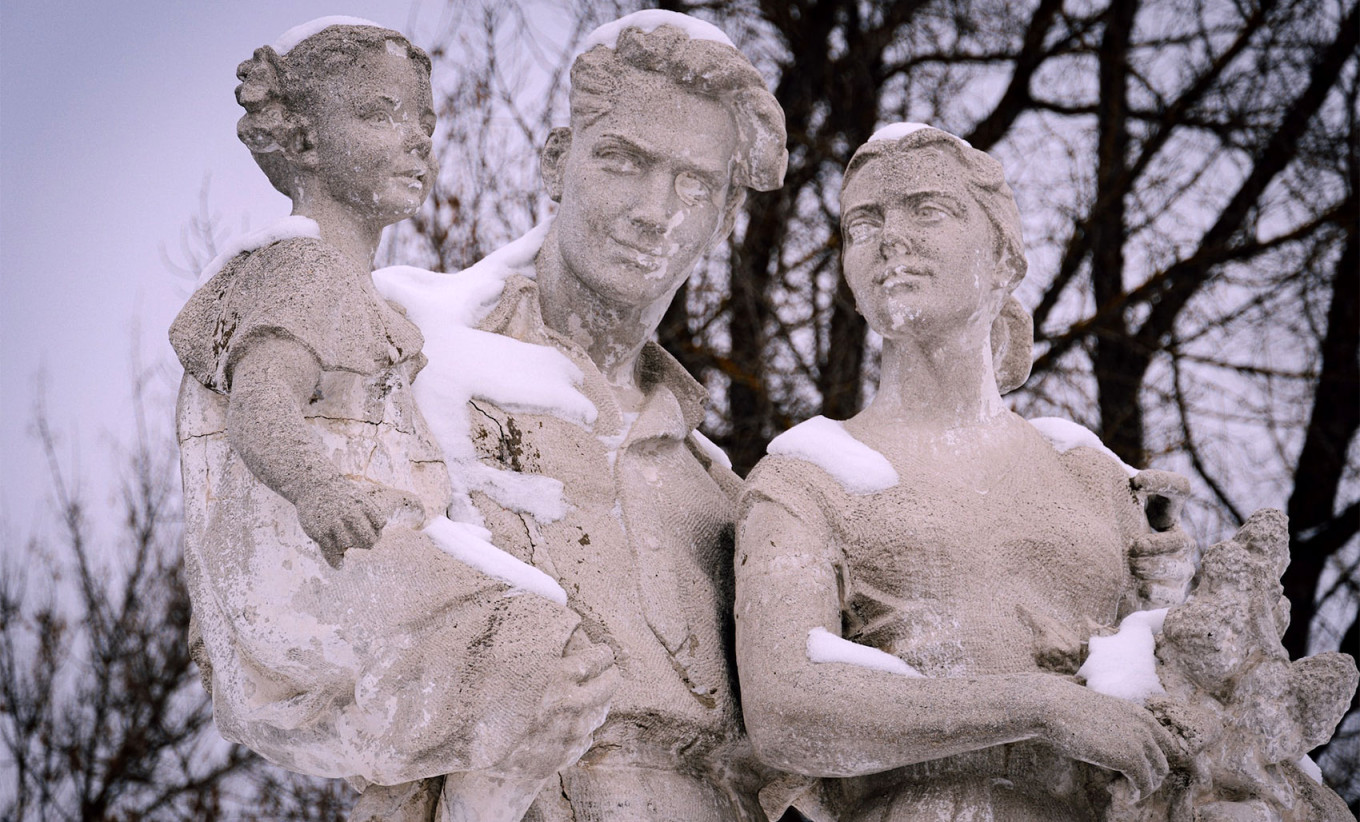
Psychological assistance
pokrytan, a psychologist with the Plus Golos project, is from Chita, which has a population of about 333,000. Their clients are mainly young people from ages 11 to 25 who call them for a chance to talk with therapists who are LGBTQ+.
“Once a teenager told me that now he is not so scared of growing up, because he sees me, and everything is cool with me,” pokrytan said.
According to pokrytan, some people ask for help during adolescence, others call because they want to improve their relationship with their family. It is often possible to find the support of an aunt, a cousin or a sibling.
“Once I talked to a mother and her child. They called from the forest, because they lived in a very small village, and the father was ready to kill for being in the LGBT community,” pokrytan said.
Yekaterina Pashkova is a psychologist in the Rostov region. “Most often, people are faced with a choice where both options are painful. For example, to tell about themselves but not communicate with their parents or vice versa,” she told The Moscow Times.
“Now many people are forced to hide the truth about their gender. I know a person who has chosen this and feels comfortable, but often it causes intrapersonal conflict that can catalyze different psychological problems,” Pashkova said.
Pashkova was born in a very small town in the Rostov region, and she was once fired because she helped the LGBTQ+ community she was part of. At another job, the director asked her not to reveal this. Her parents didn’t accept her. She still tries not to talk about it with everybody, but she helps LGBTQ+ people as a psychologist.
“I do not advise residents of small towns or villages to contact government psychologists. For example, I know that in two out of four universities in Rostov-on-Don, the psychology departments give incorrect information about LGBTQ+ people. This means that some psychologists might rely on incorrect knowledge. It is better to at least find out the attitude of a psychologist towards LGBTQ+ people.”
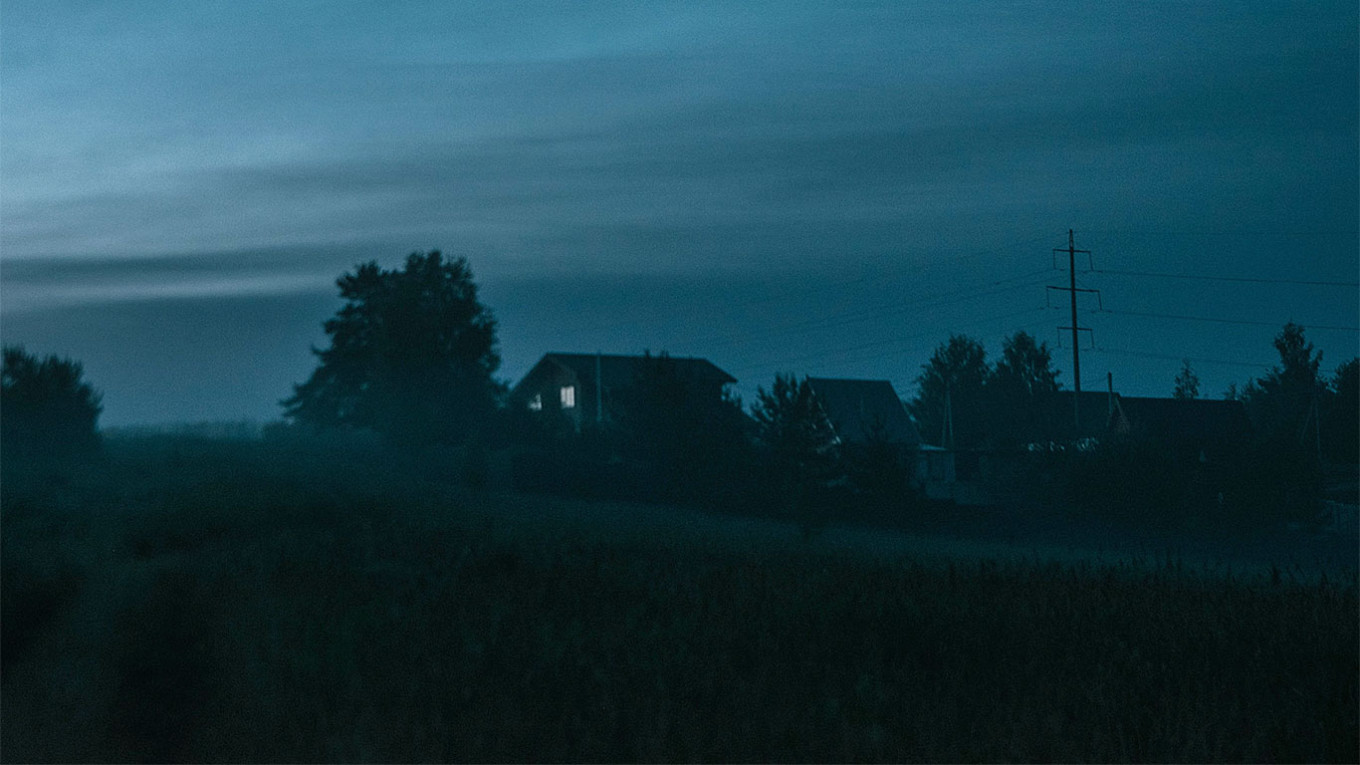
Almost happy families
Yekaterina, who lives near Yekaterinburg, identified as a lesbian when she was 19 years old.
“I was lucky with my parents because they accepted me. Although it seems to me that this reaction should be normal,” she told The Moscow Times.
“I don’t walk down the street with the flag of the LGBTQ community,” she said, “and in official documents, I check the box that I am not married. But when somebody asks me, I answer that I live with another woman. I don’t think it can be said that most LGBTQ people in Russia face homophobia. As an activist, I help mass media to communicate with LGBTQ people, and show that we are like anyone else.”
There are other positive stories. “Once I talked to a mother and her daughter, who had just come out. They wanted to have a ritual to celebrate this. We talked about what they could do — maybe have a party, dress up, get made up,” pokrytan recalled.
Alexandra, from the village of Rtishchevo, Penza region, is a lesbian. At age 16, Alexandra told her mother that she loved a girl, and although she could see her mother was upset, she accepted it. But her mother still talks about her daughter having a husband and children out of habit, although without any hope. She tells her friends that Alexandra lives alone. Her father accepted the news without any reaction.
Alexandra knows it could be worse. Her girlfriend lived in another village, and she came out to her parents when she was 22. They kicked her out of the house, took back everything they’d given her, and insulted her. They didn’t communicate for six months and agreed to meet Alexandra only after they’d been together for eight years. Now they just see each other on family holidays.
“When I understood my identity, it was important for me to talk about it. In general, everyone took the news well. One of my classmates started saying nasty things about me. I had a serious talk with her, and there were no more problems,” Alexandra said. “I changed jobs more than once, and each time I told my colleagues that I was a lesbian and lived with a partner, who was a woman. At first, many of them were surprised, but when I started telling them that our lives were the same, their attitude changed.”
Help and education
Transgender man Maxim Goldman is the director of internal communications at Center-T, a leading transgender rights group. One of his duties is running chat projects in cities where transgender people can communicate with each other, but only if they are aged 18 or older since it is a Russian organization. He recently left Russia because of the crackdown on LGBTQ+ rights, but he loves Russia.
"I feel totally rejected by my own country, but I love it. They're punishing us. They're wiping their feet on us. I'm being forced out."
Maxim says that Center-T will continue to work, but it will change its format. He can’t say more now, except that word of mouth will be important in getting the message out.
Femme queer activist and community manager of the German queer organization Quarteera e.V. Anna Eroshenko also left Russia. She works in Quarteera e.V. with LGBTQ+ people from different countries, including Russia. In the summer, a regional project on transgender transition helped people get to the central regions where commissions for transgender transition convened.
For several months, this organization has been negotiating with German politicians to consider the possibility of accepting transgender people from Russia by issuing them humanitarian visas and residence permits. For this, the government has opened an official petition that needs 50,000 votes. If the petition receives them, the government must consider the initiative. Citizens of any country, including Russia, can vote. This would be a great help to transgender Russians, Eroshenko said.
A Message from The Moscow Times:
Dear readers,
We are facing unprecedented challenges. Russia's Prosecutor General's Office has designated The Moscow Times as an "undesirable" organization, criminalizing our work and putting our staff at risk of prosecution. This follows our earlier unjust labeling as a "foreign agent."
These actions are direct attempts to silence independent journalism in Russia. The authorities claim our work "discredits the decisions of the Russian leadership." We see things differently: we strive to provide accurate, unbiased reporting on Russia.
We, the journalists of The Moscow Times, refuse to be silenced. But to continue our work, we need your help.
Your support, no matter how small, makes a world of difference. If you can, please support us monthly starting from just $2. It's quick to set up, and every contribution makes a significant impact.
By supporting The Moscow Times, you're defending open, independent journalism in the face of repression. Thank you for standing with us.
Remind me later.


